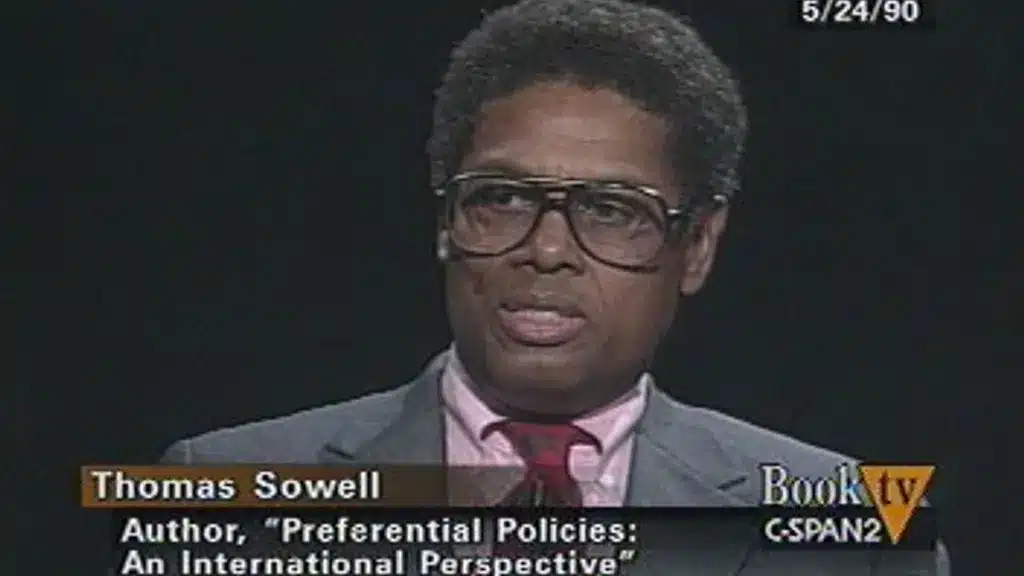Thomas Sowell is an American political commentator and economist who’s authored books such as Discrimination and Disparities, Basic Economics, Economic Facts and Fallacies, and my personal favorite, Black Rednecks and White Liberals. His books span a range of topics, such as race in America, history, politics, education, and much more.
However, two contrary realities exist concerning how people feel about Thomas Sowell. Conservatives revere his work and are amazed by his intellect. On the other hand, people on the left despise his work and speak ill about him. They revoke his “black card” because he doesn’t fit the mold they’ve shaped for a black man.
Thomas Sowell is a man who is a courageous advocate for the truth and doesn’t care to appease any political party. In this article, I will explain how his work affected my point of view and why his work is essential to my literary journey.
Thomas Sowell awakened me to the truth that I’m not a victim. As a young black woman, I used to observe the world through the lens of race, and that certain people in America had special privileges. This perspective influenced how I interacted with the (predominantly) white world. I had contempt for those with lighter skin tones and critically judged black Americans who were a few shades lighter than me. It seeped into the words I spoke and my political views. I thought my place in the world was as a black woman in a fundamentally racist country, forever fighting systemic discrimination against minorities.
However, my point of view was shattered by one of the very first books I have ever read by Thomas Sowell, Economic Facts and Fallacies. In this book, Sowell addresses the plethora of misconceptions surrounding race, gender, and housing and the impact these fallacies have on society. A specific chapter that stood out to me was one on untruths surrounding slavery. Sowell examines the history of human enslavement and their maltreatment. He writes, “The brutal reality is that vulnerable people were usually taken advantage of wherever it was feasible to take advantage of them, regardless of race they were.”1Page 180 Following that, Sowell points out that large populations that didn’t have armies to protect them were vulnerable to being enslaved, regardless of geography.
That fact poked a hole in how I had always been taught history. I was taught that slavery was born out of bigotry, and white Europeans came to Africa to conquer the innocent population to enslave them. After reading the majority of Thomas Sowell’s work, the point of view that I had throughout my life drastically changed. I no longer saw the world through the lens of race but through the lens of unmediated facts. I am forever thankful to the man who stood for the truth.
After I finished that book, I reflected on the lessons taught to me in school, such as history and economics. I realized I wasn’t told the entire truth and started on a wider literary journey. Throughout my literary voyage, I aimed to discover why schools distort and hide the facts. My trip included authors such as Walter E. Williams, Milton Freedman, Ludwig von Mises, and many others. Book after book, it became apparent that teaching the absolute truth is not politically advantageous. It would make the masses more reliant on facts instead of emotional manipulation.
Although my literary journey is still just beginning, I hold an extraordinary place in my heart for Thomas Sowell. He’s the man who helped me understand the facts will stand, despite the effort of those to keep it foggy.
































